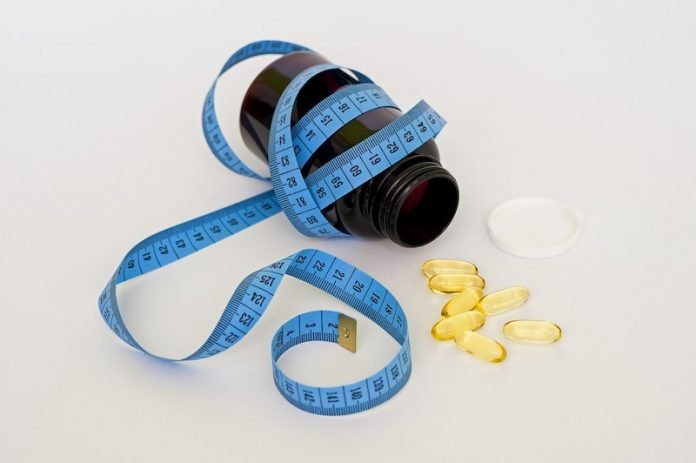
The liver plays an important role in our body functions. It is the primary filtration system, which can convert toxins into waste produces.
With a healthy liver, you can cleanse your blood and metalize nutrients and medications.
Currently, there are many products available for detoxing and cleansing liver, and many people believe they need to do it after a weekend of bingeing on food or alcohol.
However, according to Tinsay Woreta, M.D., a Johns Hopkins hepatologist, there are some big myths about liver detoxing everyone should know before they start the process.
Myth: Liver cleanses can help maintain daily health and are very helpful after you’ve overindulged.
Fact: Researchers do not recommend these products because they are not regulated by the FDA. This means they have not been adequately tested in clinical studies.
It is true that some common ingredients in liver cleanse may have positive effects, but there is not enough clinical evidence in humans to prove the effects of the liver cleanses.
To protect your liver from overindulgence of alcohol or food, the best way is to avoid overindulgence. Cleanses have not been proven to protect your body from excess consumption.
Myth: Liver cleanses are a safe and healthy way to lose weight.
Fact: There is no clinical evidence to support the efficacy of these cleanses.
In fact, research has shown that some supplements could cause harm to the liver due to drug-induced injury.
Myth: You cannot protect yourself against liver disease.
Fact: There are many things you can do to protect yourself against liver disease.
For example, you need to avoid drinking alcohol in excess. This can help prevent the development of the alcoholic liver disease.
You also need to keep a healthy weight. Maintain your body mass index in the normal range (18 to 25). This can be done by eating healthy food and exercising regularly.
It also helps decrease your risk of developing nonalcoholic fatty liver disease.
To avoid the risk of acquiring viral hepatitis, do not use illicit drug use or have unprotected sex with multiple partners.
You should know your risk factors and go for screening when it is necessary.
Myth: Liver cleanses can help treat liver damage.
Fact: There is no scientific evidence to support it. There are many other forms of treatment one can use.
For example, you should be vaccinated against hepatitis A and B if you are not immune or have any other underlying liver disease.
To treat alcoholic liver disease, you need to stop all alcohol consumption. It is important to know that the liver can regenerate and heal once the injury has been stopped.
For treating hepatitis C, there are highly effective, well-tolerated oral medications.
For treating nonalcoholic fatty liver disease, the most effective way is weight loss. This can decrease the amount of fat in the liver and reduce inflammation.
Myth: Obesity does not increase the risk of liver disease.
Fact: Obesity can strongly increase the risk of nonalcoholic fatty liver disease.
The rising epidemic of obesity in the United States has driven the prevalence of the nonalcoholic fatty liver disease.
The researcher suggests that the best thing people can do to keep their liver healthy is to treat it well.
For people who have liver damage, it is important to work with their doctors to have a healthy and safe plan.
Copyright © 2019 Knowridge Science Report. All rights reserved.



